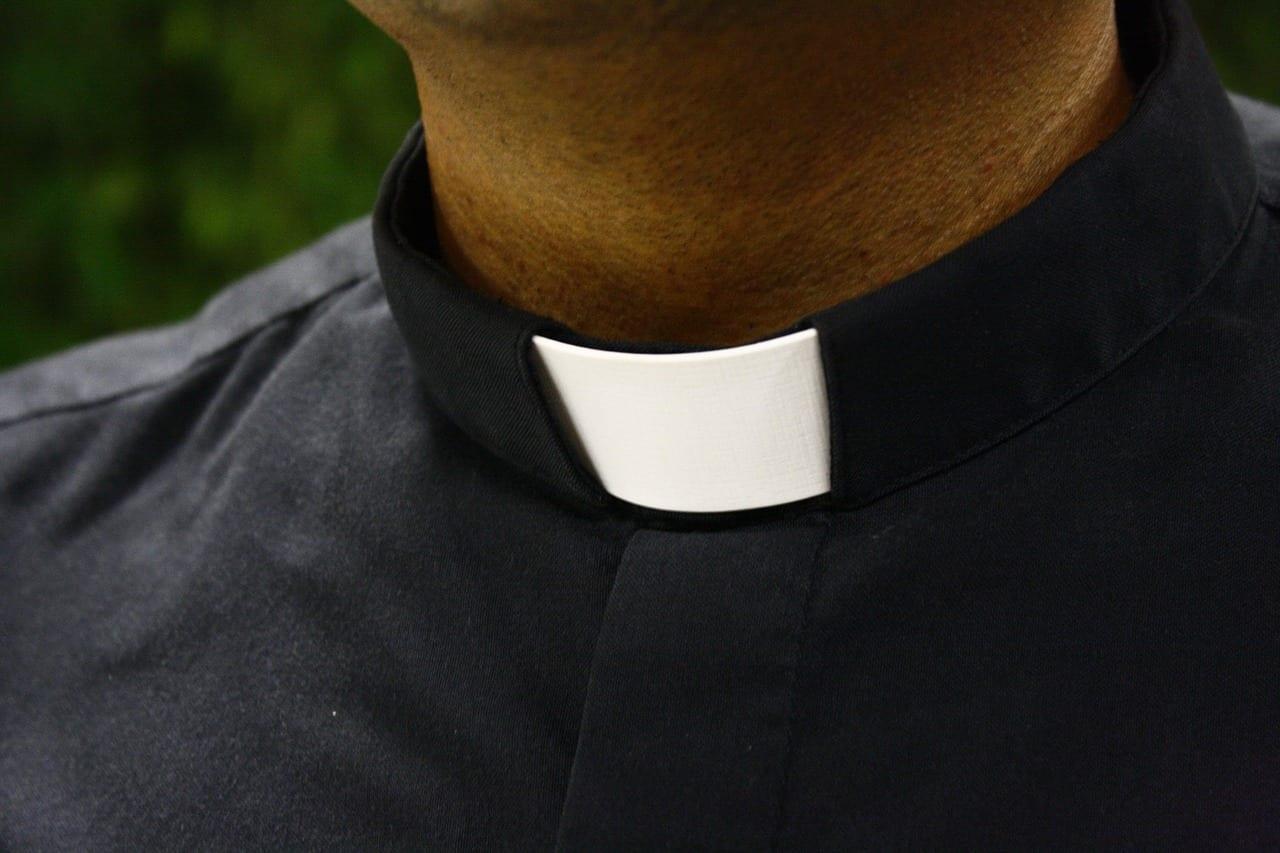ROCHESTER, New York — A federal judge ruled Tuesday that a former Roman Catholic bishop must answer questions about the history of child sexual abuse in the Rochester diocese, despite protests from his lawyers that the cleric’s Alzheimer’s makes him unable to testify.
U.S. Bankruptcy Judge Paul Warren set strict limits, ruling that it would last three hours and that only two lawyers as well as Bishop Emeritus Matthew Clark’s physician or aides, who will monitor his health, will be allowed in the room to avoid “a train wreck,” the Democrat and Chronicle reported.
Attorneys for people who say they were sexually abused by ministers in the upstate New York diocese had filed a motion asking that Clark be directed to testify about any abuse and any actions taken to shield those accused during his 33 years as the leader of the Rochester diocese. They said they knew about his diagnosis but want to be able to assess his abilities on their own.
They are seeking information to support their case for compensation for their clients as part of the settlement of the diocese’s Chapter 11 bankruptcy, the publication reported Monday.
Mary Jo Korona, Clark’s lawyer, had previously said Clark’s Alzheimer’s prevents him from offering a competent testimony.
Clark’s “memory impairment limits his ability to assimilate and recall information presented in lengthy or complex questions and his ability to recall past events,” Dr. Anthony Maroldo, Clark’s neurologist, wrote. “His language impairment limits his ability to formulate clear, cogent and reliable responses to such questions.”
Korona said in a filing that other diocesan officials could testify instead. She had asked Warren to deny the motion to depose her client.
But lawyers for the accusers argued that the doctor’s letter did not say that Clark was not competent to testify. Warren agreed.
Crux is dedicated to smart, wired and independent reporting on the Vatican and worldwide Catholic Church. That kind of reporting doesn’t come cheap, and we need your support. You can help Crux by giving a small amount monthly, or with a onetime gift. Please remember, Crux is a for-profit organization, so contributions are not tax-deductible.












